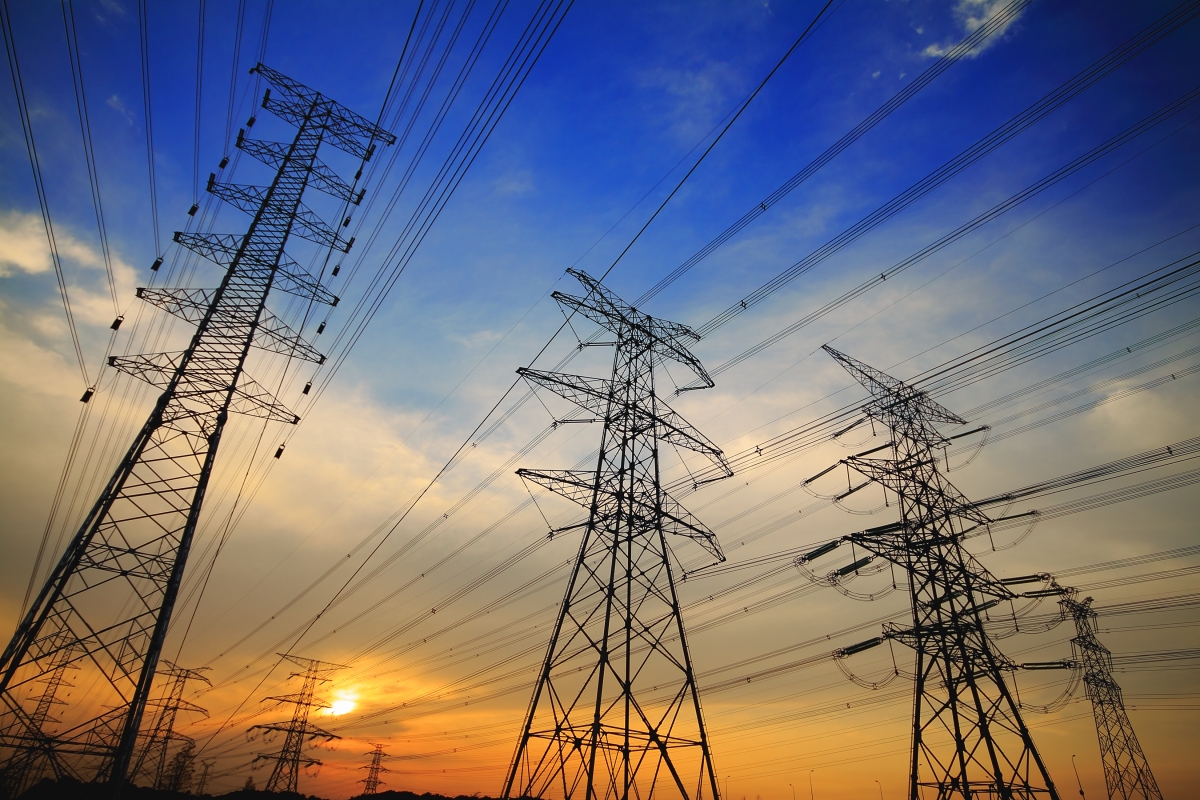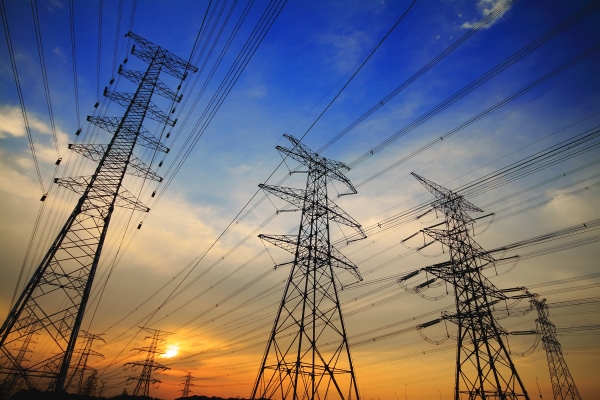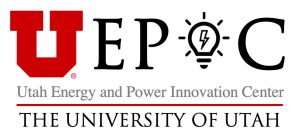Cyberattack hits Nunavut’s Qulliq Energy Corp.
Computer systems at Qulliq Energy Corp. are still down after a cybersecurity attack on Sunday, and Nunavut customers are being urged to check their bank accounts and credit cards for any unusual activity that could be related to the attack.
Qulliq Energy Corp. (QEC) announced the cyberattack in a news release Thursday.
“As soon as we learned there was a possible issue, we activated our crisis response plan to take control of the situation,” said Rick Hunt, president and CEO of QEC, in the release. “Our focus is on returning to normal operations while determining what information may have been impacted, all the while doing our utmost to serve our customers.”
Outside cybersecurity experts are working alongside QEC’s and the Government of Nunavut’s IT teams to investigate the cause and scope of the attack.
Power plants across the territory are operating as usual, and power-related outages or emergencies can still be reported by calling 1-833-313-3030.
QEC said an outside party is investigating the attack, and that it intends to notify anyone directly affected by the breach.
Credit cards not being accepted
For now, customers can pay bills using cash in person in Iqaluit or Baker Lake, through Northern or Co-op stores and local banks in all communities, and by bank transfer through telephone or internet banking services.
But credit card payments cannot be accepted, either in person or through telephone banking.
In a news release, Premier P.J. Akeeagok says the government is “actively assisting” in the power corporation’s response to the attack.
It says staff from the Departments of Community and Government Services, Justice, Finance and Executive and Intergovernmental Affairs have been deployed to help.
“These types of attacks are criminal,” Akeeagok’s statement reads. “Expert cyber-security and legal advice have been retained and the RCMP are assisting QEC’s ongoing investigation. The corporation is following best practices and taking the utmost caution to protect the private information of QEC’s customers.”




